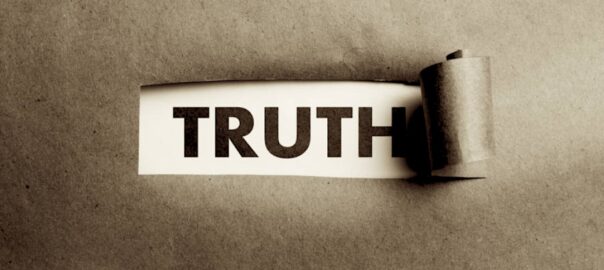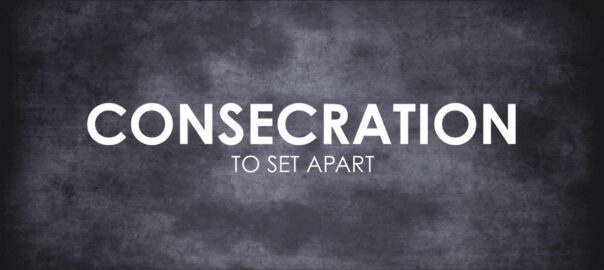
When I was growing up, my parents would often say to me, “You know better!” as I messed up, and said and did things that were foolish or wrong. We are watching the infantilizing of our social ethos as emotionalism, erotic passions, and ideological narratives triumph over critical thinking, lasting virtues, and the search for the truth.
“We know better” a friend said to me in a coffee shop recently as we shared about many “hot topics.” As he spoke, my mind went to a whole list of inversions and perversions that are being peddled as true, and any disagreement is labeled as hatred, intolerance, or one of the new “phobias” that pop up each day.
In several coming posts, I will continue this theme of “We know better” and offer insights around the following issues where we deceive ourselves:
- We know that abortion kills a pre-born human being. While we may differ on permissibility, we know that a life is ending. Replacing “baby” with “fetus” does not change this.
- We know that the future of any child is improved when the biological parents finish high school, delay children until after marriage, work, and stay married. We know that fatherlessness is destroying communities trapped in poverty.
- We know that China is a serious threat to democracy and freedom, yet we refuse to take serious measures to confront their aggrandizements and injustices.
- We know that the world will not end in 10 or 100 years from climate change, but people in power love apocalyptic narratives that infringe on personal liberties, compel wealth transfers, and destroy the middle- and working classes.
- We know there are two biological sexes and that all but a miniscule number of persons are born female or male. We also know there are complexities involved in attractions and gender identity, but these do not change the binary nature of humankind.
- We know there are structural challenges to achieving equality for all people. We also know that every story of success includes agency, relationships, and hard work, regardless of gender or race.
- We know that parents bear primary responsibility for their children, including their education, religious beliefs, and moral sensibilities. We also know that teachers should be teaching basic subjects that prepare children for adulthood in the 21st century.
We know better about all of these topics…and we are afraid. We fear being labeled as the oppressor of women for opposing abortion. We fear being called racist for demanding fathers take responsibility for children they are producing. We are afraid of being called colonialist or xenophobic when we call out the Chinese government (We have no contentions with Chinese people per se) for its abuses. We are called callous capitalists if we do not mouth the inanities of climate fear. We are considered zealots and full of hatred for affirming basic biology. Making the family more important than government is impeding the “long march of Marxism” (Os Guinness) and hence the “new freedom” of the “new humanity” shaped by collectivism.
It is time to displace fear with love, for the Bible says that, “Love perfected casts out fear.” If we love God and our neighbor and desire flourishing for all, we will “know better” and stop lying to ourselves. Let’s not just react, but respond to these inanities with courage, love, and wisdom, seeking the maximum consensus possible. Stay tuned. In the next post we will take on abortion and offer a new vision for receiving children as gifts from God.




